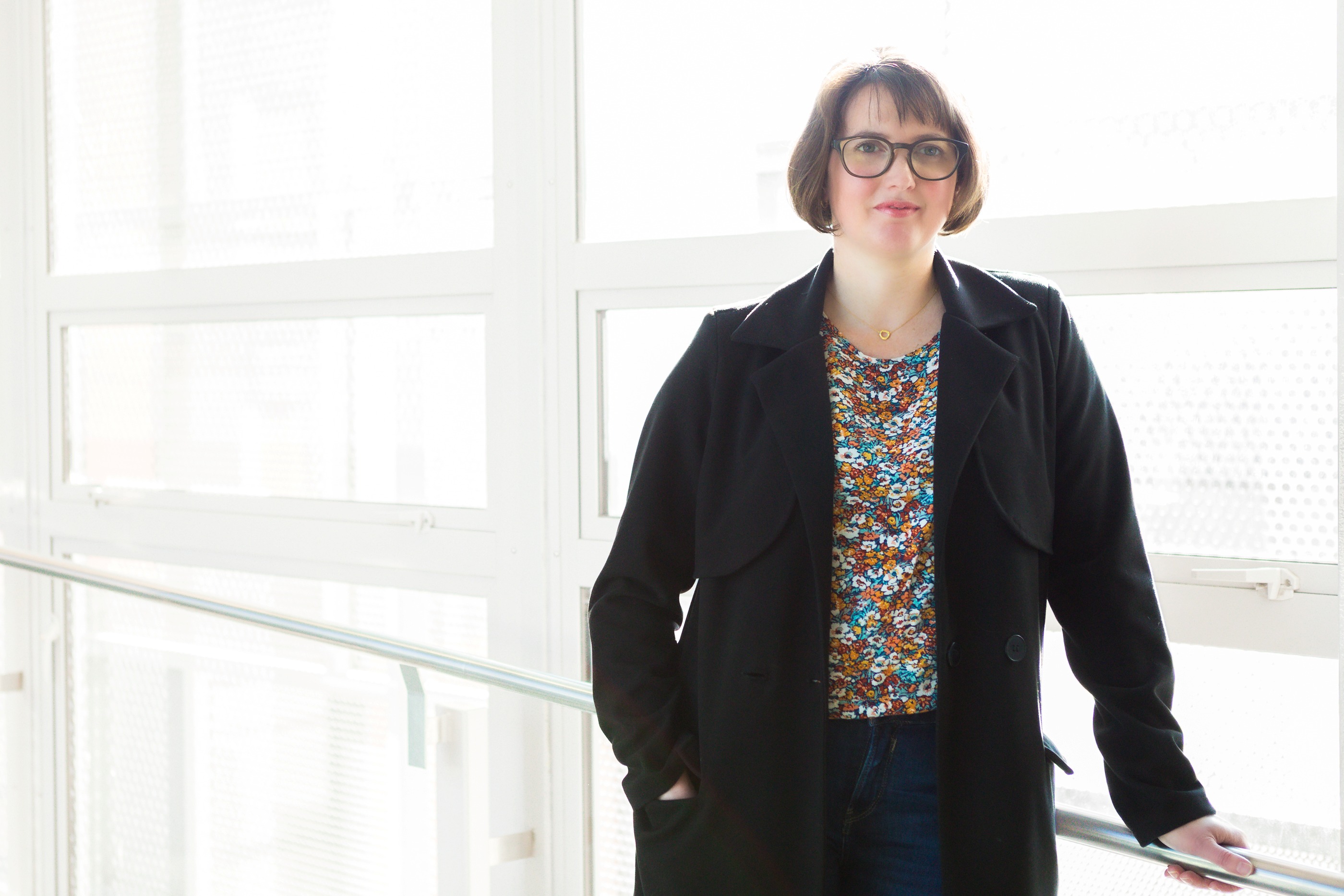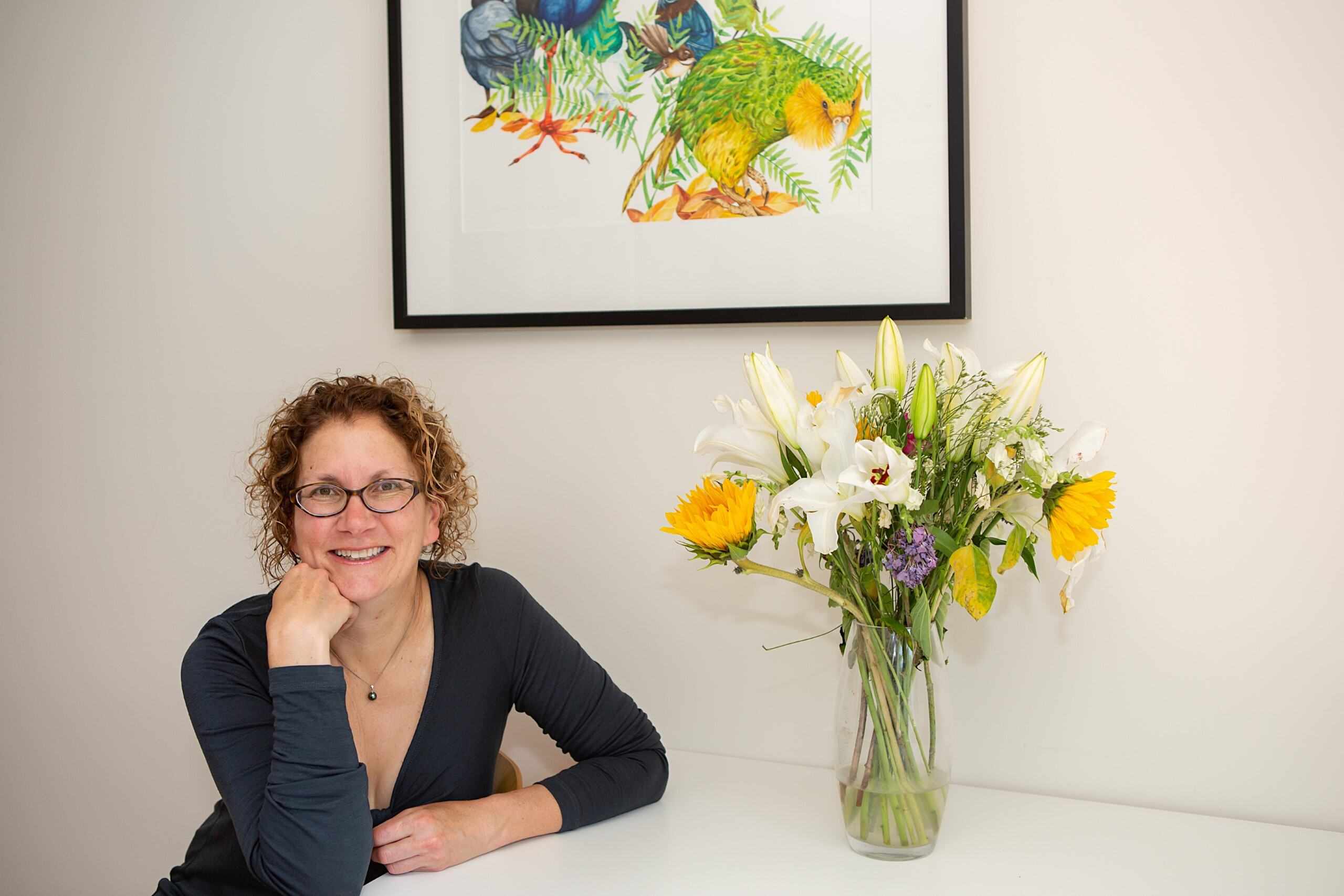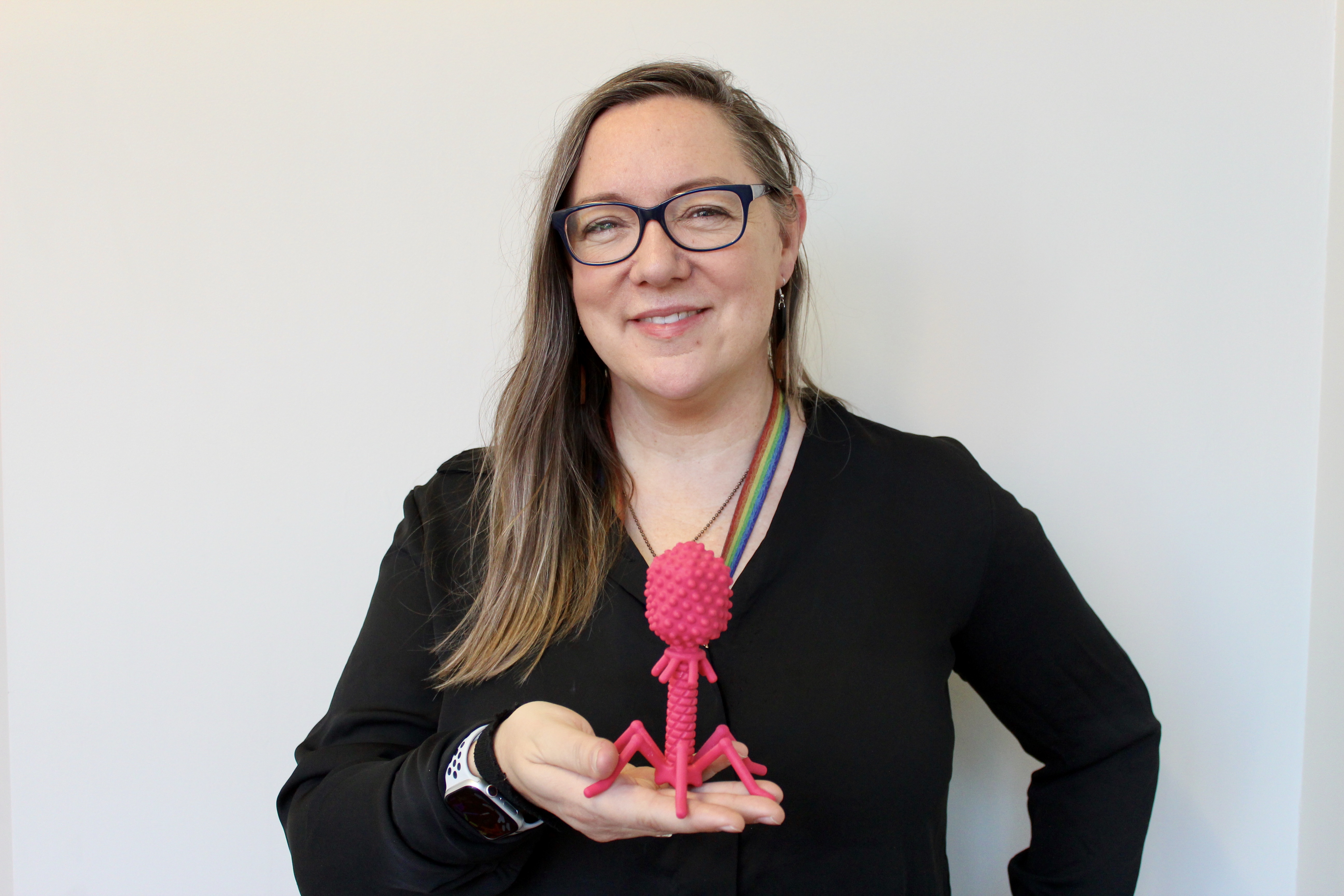University of Canterbury Professor Tanja Mitrovic is internationally recognised for her work in AI in education and would love to see more young women follow her example and pursue a career in AI.
It would follow us throughout our lives and provide lifelong learning, says Professor Tanja Mitrovic, who has been at the forefront of AI in education for almost 30 years at the University of Canterbury, succeeding in a male-dominated world.
She always liked maths, she says, however, an offhand comment to her high school class first galvanised her determination to succeed in this field.
“We had a male teacher for computer science, who came from the university because our teachers didn’t have those skills at the time, and in one class he said ‘girls cannot be programmers’.
“I said to myself, ‘I’ll show him!’”
She has been showing him ever since. Now a professor herself at the University of Canterbury, she was recently made a Distinguished Member of the world’s largest organisation of computer science and related professions, The Association of Computer Machinery, an honour awarded to less than 10% of members worldwide.
Professor Mitrovic grew up in the former Yugoslavia, so that ill-informed comment was even more exasperating, because one thing the socialist system of the day did well was gender equality. Female students made up half of a new class called computer science.
The gender ratio changed dramatically when Professor Mitrovic arrived in Aotearoa New Zealand in 1994, via a five-year computer engineering degree in Yugoslavia, a four-year Master’s on scholarship in Calgary, Canada, and a PhD completed in Yugoslavia as the war isolated the country (the war is one of the reasons she and her husband moved with their two young children to New Zealand).
At the University of Canterbury, she was the only female lecturer in Computer Science, and that didn’t change until 2020. “Now there are two of us,” she says.
The gender gap is an ongoing issue in computer science and software development nationally, where more diversity is sorely needed. Software developers work in teams and often lack the soft skills, such as communication and collaboration, needed for this. Additionally, AI should reflect the needs of all of society, not just a subset of the population, in this case males.
Professor Mitrovic specialises in AI for education, which is not as recent as you might think, dating back to the 1970s.
One of her current projects, working with software engineering colleague Associate Professor Matias Galster and industrial psychologist Associate Professor Sanna Malinen, aims to measure soft skills of people working on NZ software industry, and build an online platform to improve their soft skills, which has commercial interest. A Smart Ideas grant from MBIE will fund the project for three years.
“It’s a very rewarding area,” she says.
Despite her expertise, you won’t find Professor Mitrovic worrying about AI taking over any time soon. “AI is very popular now, but AI is also quite old. It goes in waves of popularity. Deep learning is currently very popular, and it does achieve good results, but is also very narrow. Creativity currently does not exist in AI.
“At home we have several devices, such as Alexa, and sometimes they talk to each other, which is funny but it’s not real intelligence.”
Her calm, well-informed approach is reassuring. “As a scientist I am optimistic but realistic,” she says. Professor Mitrovic remains hopeful that more women will engage with AI in education and excited about the potential for AI in life-long learning – watch this space.










